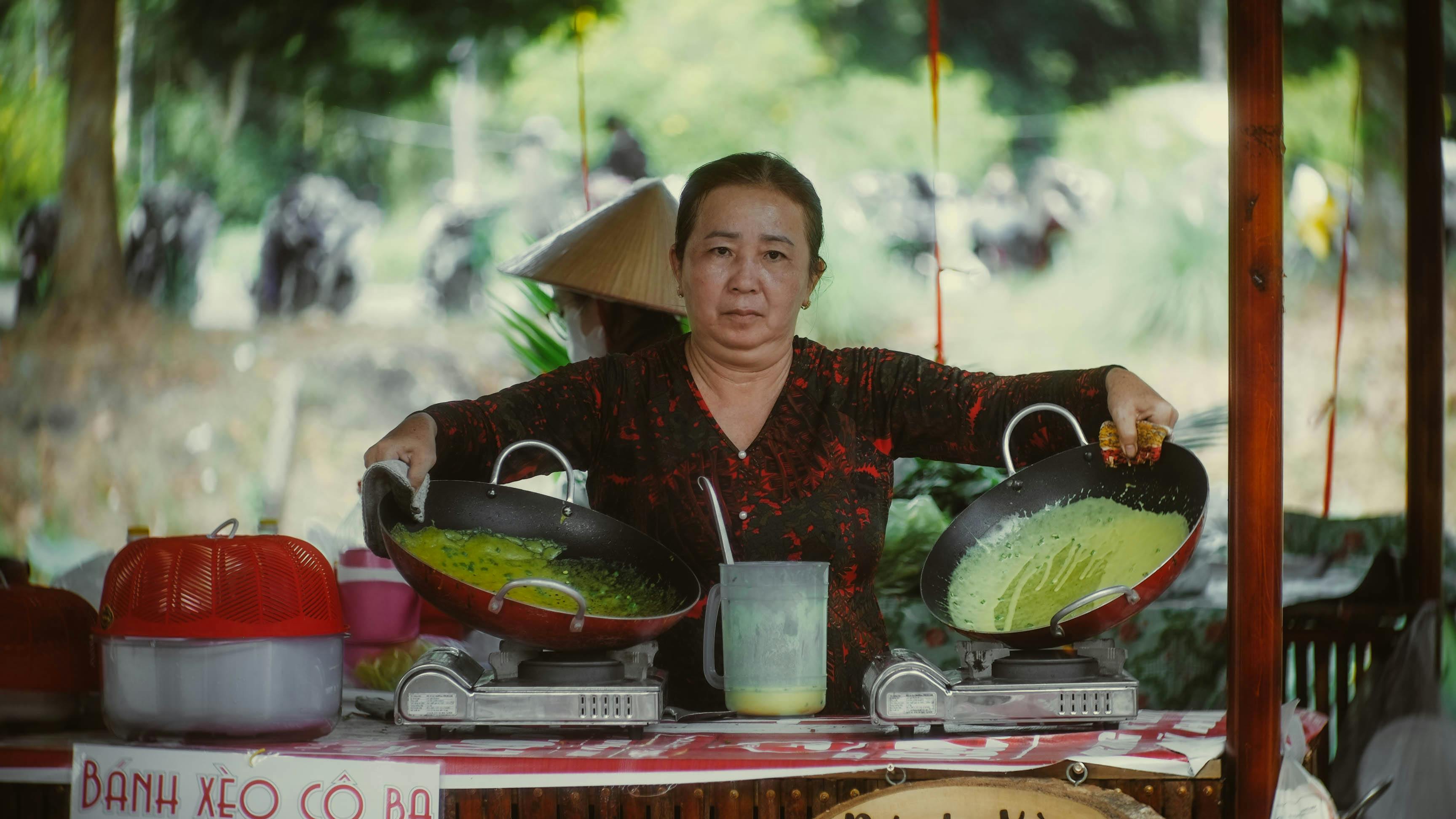Culinary Voluntourism: Blending Gastronomy with Global Good
Embark on a journey that tantalizes your taste buds while nourishing your soul. Culinary voluntourism, an emerging trend in the travel industry, combines the passion for food with the desire to make a positive impact. This innovative approach to travel allows food enthusiasts to immerse themselves in local cuisines while contributing to community development and sustainable practices worldwide.

The concept gained traction in the early 2010s, with organizations recognizing the potential of combining culinary skills with community service. From teaching cooking classes in underserved areas to supporting sustainable agriculture projects, culinary voluntourism offers a wide range of opportunities for travelers to engage with local communities through food.
A Feast for the Senses and the Soul
Culinary voluntourism goes beyond simply tasting local dishes or attending cooking classes. It involves actively participating in food-related projects that benefit local communities. Volunteers might find themselves harvesting organic produce on a community farm, assisting in a soup kitchen, or helping to establish sustainable food practices in rural areas.
These experiences provide a deep dive into local food cultures while fostering cross-cultural understanding. Participants gain hands-on knowledge of traditional cooking methods, indigenous ingredients, and the role of food in social and cultural contexts. Simultaneously, they contribute their skills and labor to projects that address food security, nutrition, and economic development.
The Global Impact of Culinary Voluntourism
The rise of culinary voluntourism has had a significant impact on both travelers and host communities. For travelers, it offers a more meaningful and immersive way to explore global cuisines. Instead of being passive consumers, they become active participants in the local food ecosystem, gaining a deeper appreciation for the effort and artistry behind each dish.
For host communities, culinary voluntourism brings economic benefits and cultural exchange. It creates opportunities for knowledge sharing, skill development, and income generation. Local food producers and artisans gain exposure to international markets, while traditional culinary practices are preserved and celebrated.
Challenges and Considerations
While culinary voluntourism offers numerous benefits, it’s not without challenges. One of the primary concerns is ensuring that volunteer efforts truly benefit the local community rather than creating dependency or disrupting existing food systems. It’s crucial for organizations to work closely with local stakeholders to identify needs and implement sustainable projects.
Another consideration is cultural sensitivity. Food is deeply intertwined with cultural identity, and volunteers must approach their work with respect and openness. This includes being mindful of dietary restrictions, religious practices, and local customs surrounding food preparation and consumption.
The Future of Culinary Voluntourism
As the travel industry continues to evolve, culinary voluntourism is poised for growth. With increasing awareness of global food issues and a desire for more meaningful travel experiences, this niche is attracting a diverse range of travelers, from professional chefs to amateur food enthusiasts.
Technology is playing a crucial role in shaping the future of culinary voluntourism. Online platforms now connect volunteers with projects worldwide, making it easier to find opportunities that match specific skills and interests. Virtual cooking classes and remote volunteering options are also emerging, allowing people to contribute from afar.
Savor and Serve: Essential Tips for Culinary Voluntourists
-
Research thoroughly: Choose reputable organizations with a track record of sustainable community impact
-
Learn basic food safety: Familiarize yourself with proper hygiene practices for food handling
-
Be open-minded: Embrace unfamiliar ingredients and cooking methods
-
Pack appropriately: Bring clothing suitable for kitchen work and closed-toe shoes
-
Brush up on local customs: Learn about dining etiquette and food-related traditions in your destination
-
Document responsibly: Respect privacy and seek permission before photographing people or private spaces
-
Stay humble: Remember you’re there to learn as much as to teach
-
Follow up: Maintain connections and continue supporting the projects even after your trip
Culinary voluntourism offers a unique blend of sensory delight and social responsibility. By engaging with local food cultures and contributing to community development, travelers can savor the flavors of the world while leaving a positive impact. As this trend continues to grow, it promises to reshape the way we think about food, travel, and global citizenship, one meal at a time.






